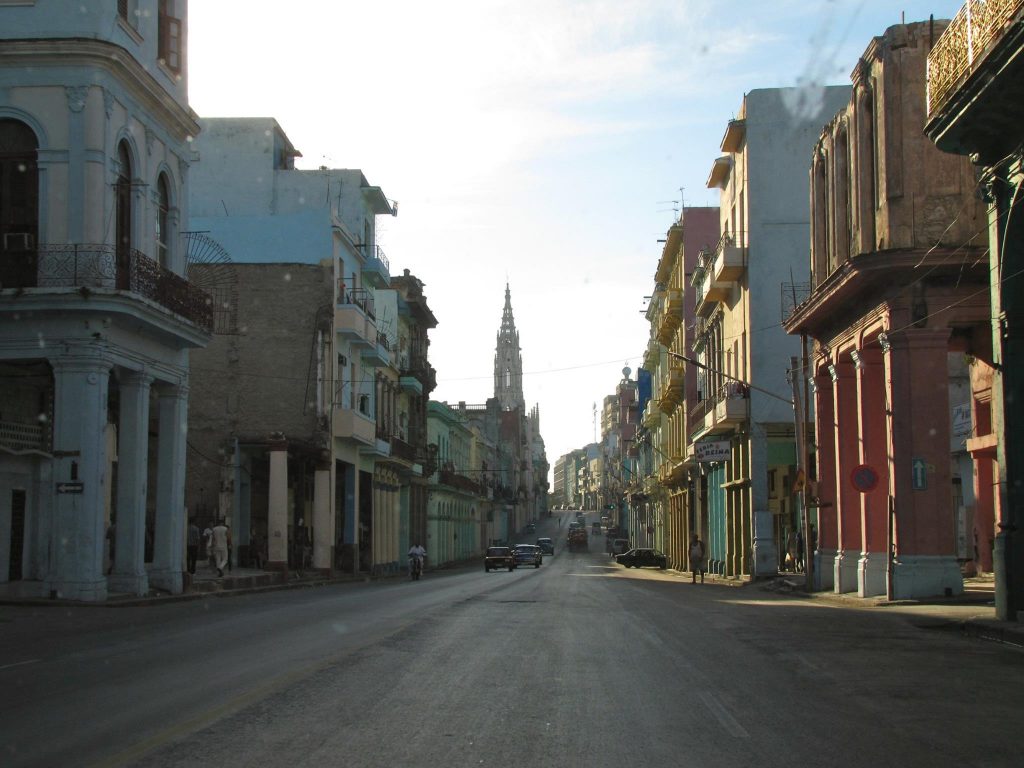U.S. Policy Should Not Harm Ordinary Cubans, U.S. Churches and NGOs Say
Faith-based and humanitarian organizations wrote Secretary of State Antony Blinken and Secretary of the Treasury Janet Yellen this week calling for an end to the U.S. embargo on Cuba and the institution of a new policy of engagement.
“U.S. policy should not inflict harm or suffering on ordinary Cuban individuals and families,” the letter reads, highlighting regulatory changes that could improve food security and economic growth in Cuba, while also supporting U.S. national security.
The endorsing organizations, many of which have decades-long partnerships with Cuban churches and civil society organizations, cite severe shortages of basic items in Cuba including food, hygiene items, and medicines.
“Close Cuban partners tell me of going many months without basic items like toothpaste or animal protein,” said Bonnie Klassen, director of Mennonite Central Committee’s Cuba program, “They have excellent doctors and scientific capacity to investigate and respond to the pandemic, but they don’t have Ibuprofen to relieve people’s everyday pain.”
Economic sanctions, amplified by the COVID-19-related economic downturn, have hit small independent businesses and churches particularly hard, especially with new limits on remittances that many Cuban Americans sent to their families.
Growing religious communities see their ministry hindered both by the economic downturn and by restrictions on international support. Facing a $75,000 deficit, one Cuban church is unsure how it will fund its ongoing support for children, the elderly, and the home-bound in their community. “I have never experienced anything like this,” a Cuban pastor and civil society leader said.
Under the Biden administration, the U.S. State Department is currently reviewing U.S.-Cuba policy, and the Treasury Dept is reviewing U.S. financial and economic sanctions. The letter calls on these agencies to restore Cuba policy to its status on January 20, 2017, including lifting the State Sponsors of Terrorism designation, and to address the barriers to humanitarian work that sanctions pose.
The letter also calls for a detailed review of the impact of sanctions on civil populations in Cuba, as well as on the delivery of humanitarian and development projects in the country and on financial institutions and suppliers working with religious and humanitarian groups.
The letter was endorsed by a number of churches and church bodies, including Global Ministries, the Episcopal Church, the Evangelical Lutheran Church in America, the Presbyterian Church (USA), the United Church of Christ, the United Methodist Church, the National Council of Churches, and Union for Reform Judaism. Humanitarian organizations Mennonite Central Committee, Oxfam America, and American Friends Service Committee joined the letter, as did the Latin America Working Group and the Washington Office on Latin America.
“We are grateful for the Biden Administration’s commitments to engagement in Cuba and support for humanitarian aid and COVID-19 response globally,” the letter concludes, “We hope to be in close touch as we continue to support our partners in Cuba, promoting strong livelihoods, sustainable economic development, and peace.”

